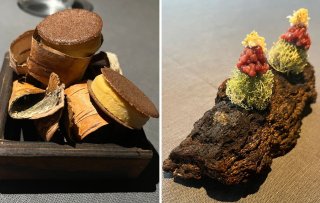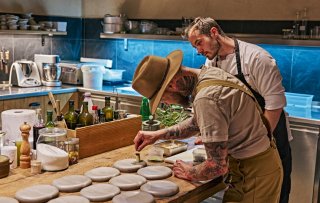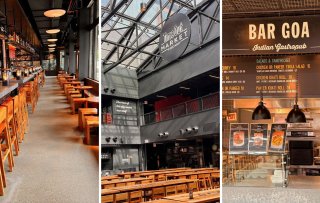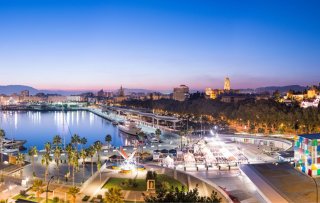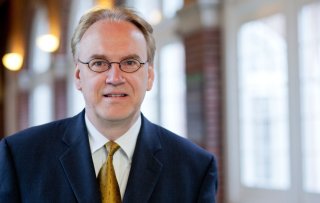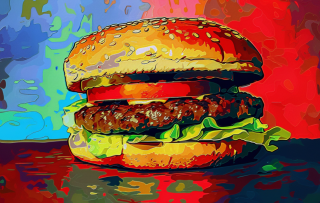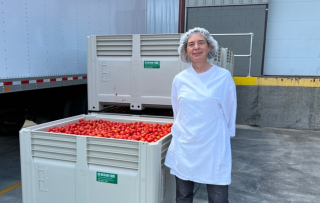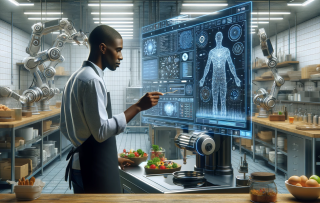Starbucks is everywhere.
Starbucks is everywhere. The mermaid-logo is present on most of the world’s main streets and a Starbucks opening in a neighbourhood is a harbinger of potential new developments. Other brands are likely to follow, and with them new stores. But these aren’t the only areas Starbucks leads in. They are pioneers of sustainable and social business practices, thanks to in large part former CEO and current executive chairman Howard Schultz.
According to Seeds&Chips, the world’s leading summit on food innovation, happening in Milan, Italy each year in May, the executive chairman of the world’s largest coffee brand sparked an international renaissance in the way we drink and appreciate coffee. As a keynote speaker at the summit, Schultz said he wishes to do more than contribute to a fair production chain in the coffee industry. He wants to bring communities together, and make the world a better place. Ambitious, to say the least.
Exactly how does he plan on making the worl a better place? There's several ways. Starbucks offers each of their employees health insurance, even those on temporary contracts. This is exceptionally generous in the United States, where most people with a steady job still have to take care of their own health insurance. Starbucks also makes sure their farmers treat nature with respect, and a compensated fairly for their efforts. This provides them with opportunities to grow, and Starbucks guides them through that process.

“Love has everything to do with food innovation. By loving our people and our planet we can run our business and make good choices.”
Closer to home Schultz is trying to connect people. He feels he only truly learned about coffee by exploring the Italian coffee culture. In Italy, espresso bars are the mortar that holds society together. That’s why Starbucks is a meeting place first, and a coffee place second. No surprise then, that they recently stated you don’t have to buy a drink to sit in Starbucks, after a fair share of controversy.
“Business can not only be focused on making money anymore. You must find a balance between being commercial and making some social impact in the world.”
So is Schultz a modern day saint then? Obviously not. Starbucks is still in it to make money, as evidenced by their less than wholesome tax practices. But Schultz is a man with a mission. A mission that goes beyond maximizing profits and buying as much product as possible for the least amount of money. He’s trying to take responsibility, and is attempting to lead by example towards a more transparent and humane food system.
 Written by
Written by 















